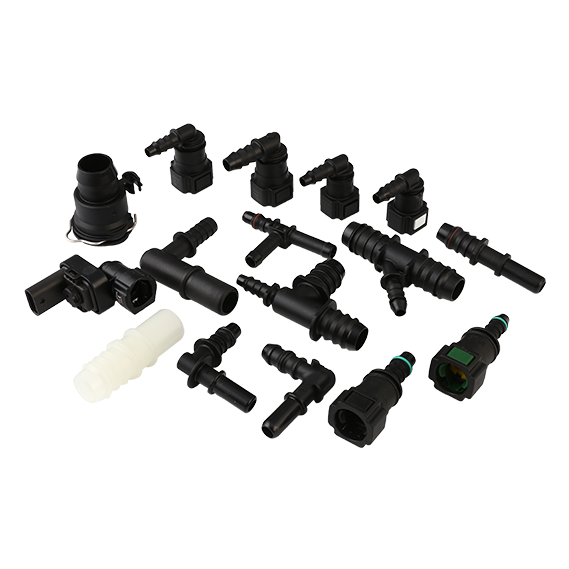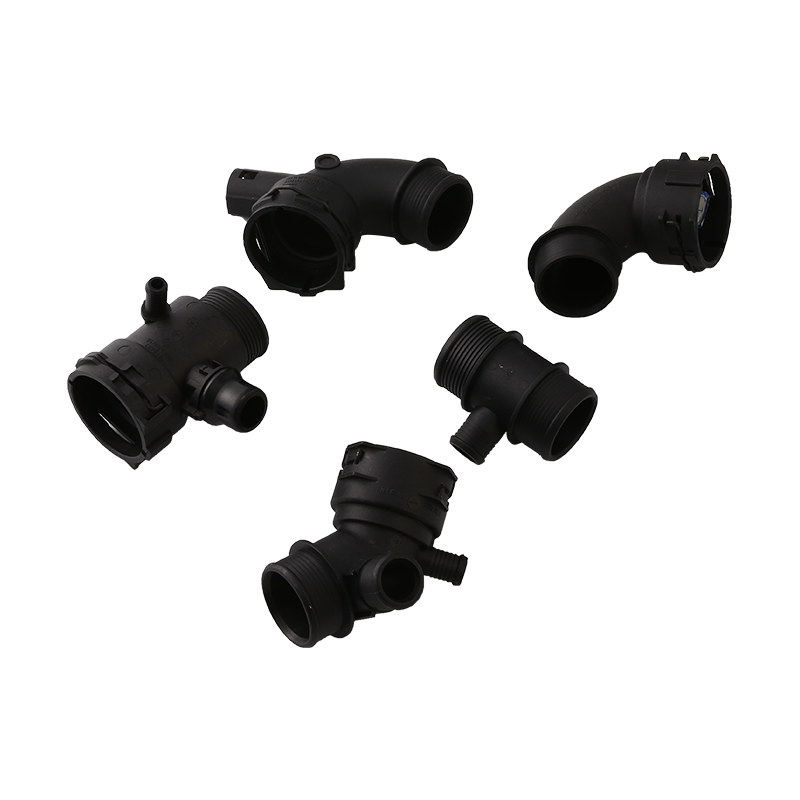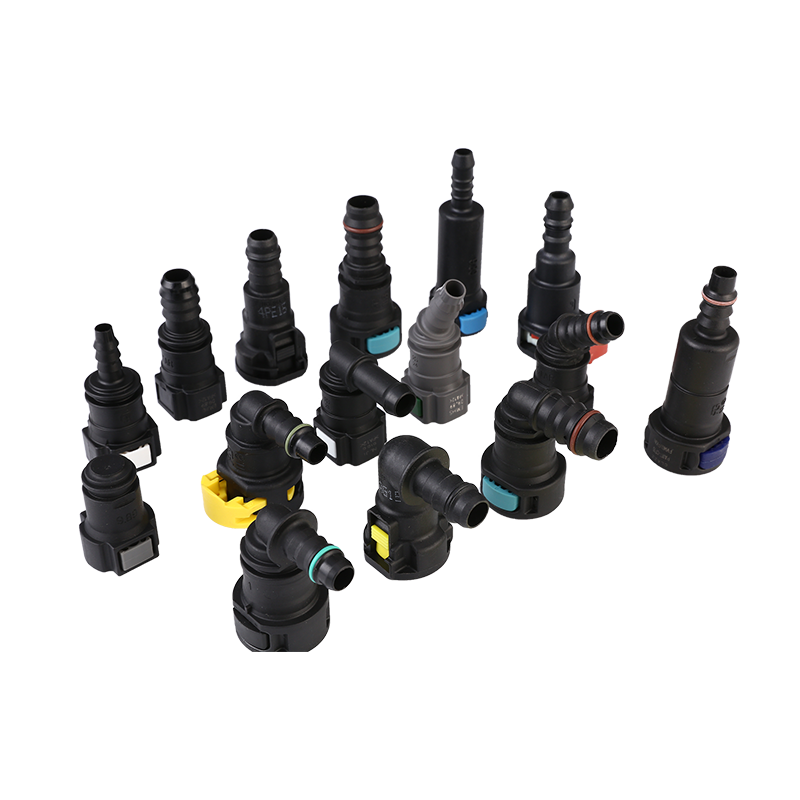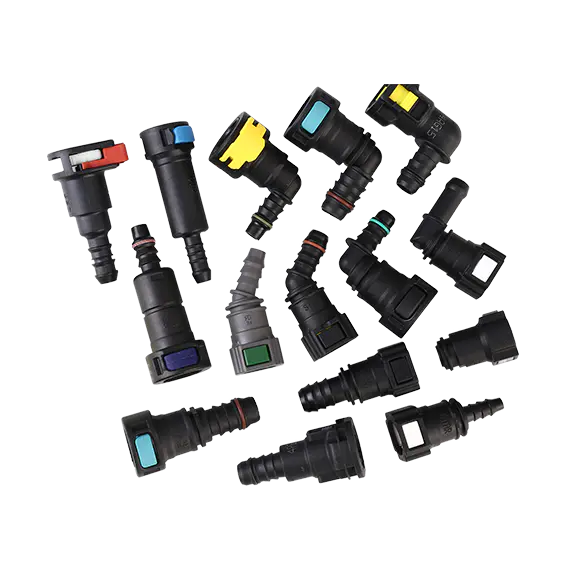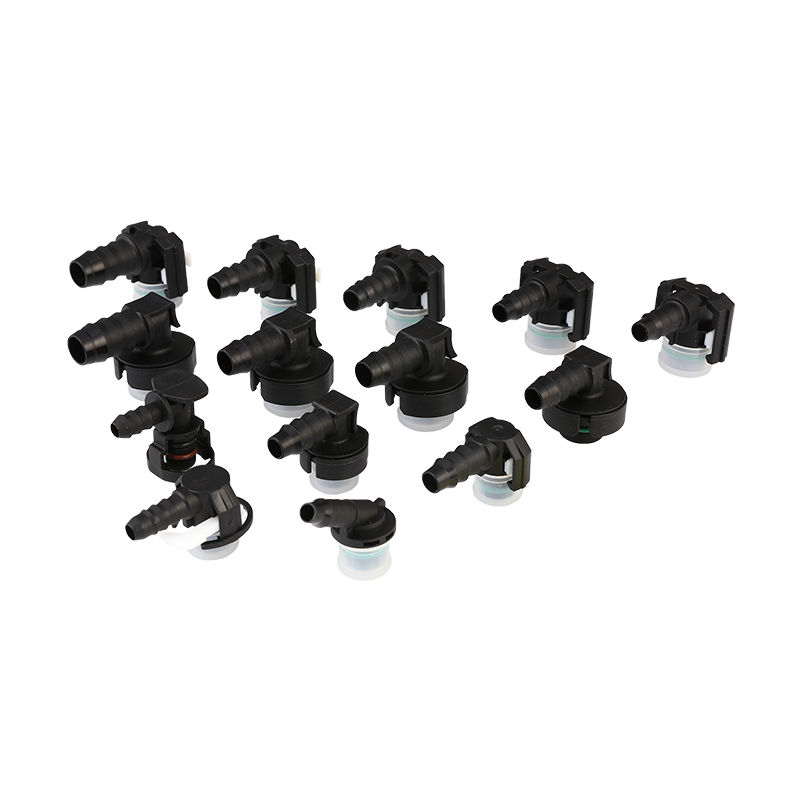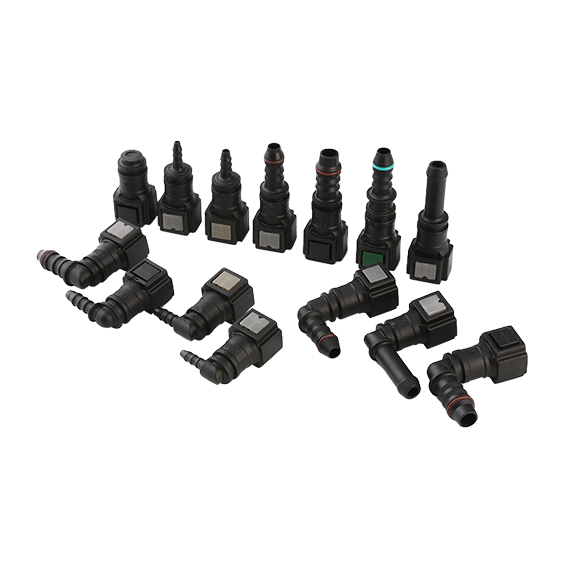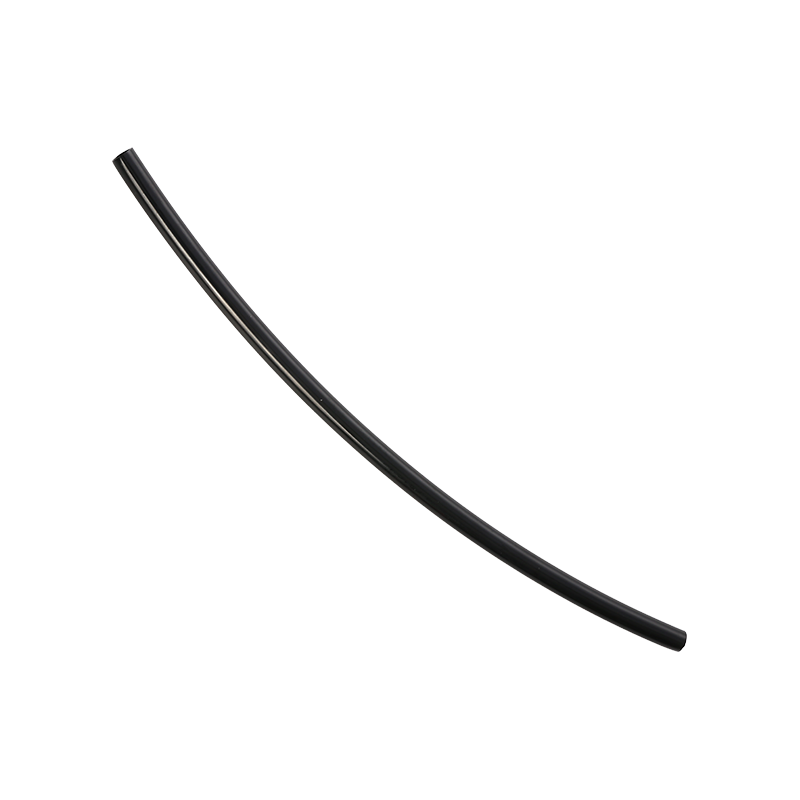How to Choose Car Fuel Pipe Connectors?
When maintaining or replacing parts of your car’s fuel system, one of the more crucial components you’ll need to consider is the car fuel pipe connector. These connectors play a significant role in ensuring the safe and efficient delivery of fuel from the tank to the engine. However, it’s also important to remember that the fuel system is often closely linked with other components like the fuel line coolant hose, which helps manage the temperature of the fuel system, preventing overheating and ensuring high performance.
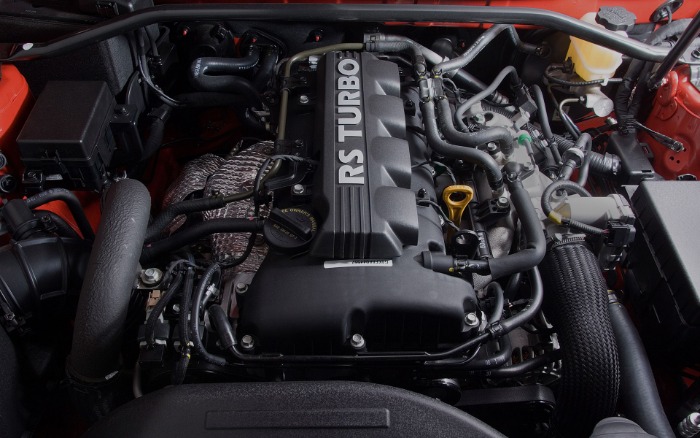
1. Material and Durability
The material of the fuel pipe connector plays a crucial role in its durability and performance. Most car fuel pipe connectors are made from one of the following materials:
Steel: Steel connectors are highly durable and resistant to wear and corrosion. They are ideal for heavy-duty applications and offer high tensile strength, which is essential for high-pressure systems.
Aluminum: Aluminum connectors are lightweight and corrosion-resistant. These are often used in applications where weight savings are crucial, such as in racing vehicles or sports cars.
Plastic: Many modern vehicles use plastic fuel pipe connectors due to their resistance to corrosion and ease of installation. However, plastic connectors may not be as strong as metal options, so they are typically used in lower-pressure applications.
When choosing a connector, it’s important to ensure that the material matches the specific needs of your vehicle’s fuel system.
2. Size and Compatibility
The size of the fuel pipe connector is another crucial factor. Using the wrong size connector can result to leaks, improper fuel flow, and even potential engine failure. To choose the correct size, you must:
Measure the diameter of the fuel line or pipe where the connector will be installed.
Check the vehicle’s specifications for recommended sizes and types of connectors.
Make sure to also verify that the fuel pipe connector is compatible with the type of fuel your vehicle uses. Gasoline, diesel, and alternative fuels like ethanol or biodiesel have different chemical properties, which can affect the choice of materials and connectors.
3. Pressure Rating
Fuel systems in modern vehicles operate under high pressure. Therefore, it’s essential to choose a fuel pipe connector with the correct pressure rating. If the connector is unable to withstand the fuel system’s pressure, it could rupture or fail, causing a significant fuel leak, which can be dangerous.
Look for connectors with pressure ratings that match or exceed the requirements of your vehicle's fuel system. Many fuel pipe connectors are designed for a wide range of pressure levels, so it’s easy to find one that fits your needs.
4. Ease of Installation
Another important factor to consider is the ease of installation. Some connectors may require specialized tools or skills to install, while others can be installed by anyone with basic mechanical knowledge. Choose connectors that suit your level of experience and ensure you have all the necessary tools before beginning the installation process.
5. Brand and Quality
Finally, it’s crucial to choose a reliable brand when purchasing a fuel pipe connector. Opt for connectors made by reputable manufacturers who prioritize quality, safety, and performance. Low-quality connectors may be cheaper, but they can fail sooner, causing to leaks, fuel contamination, or even engine damage.
Check customer reviews and ratings to gauge the reputation of the manufacturer. High-quality connectors typically have a longer lifespan and better resistance to wear and tear.
Whether you are replacing an old connector or installing a new one, always prioritize quality and compatibility to ensure outstanding vehicle performance.

 English
English
 Español
Español


